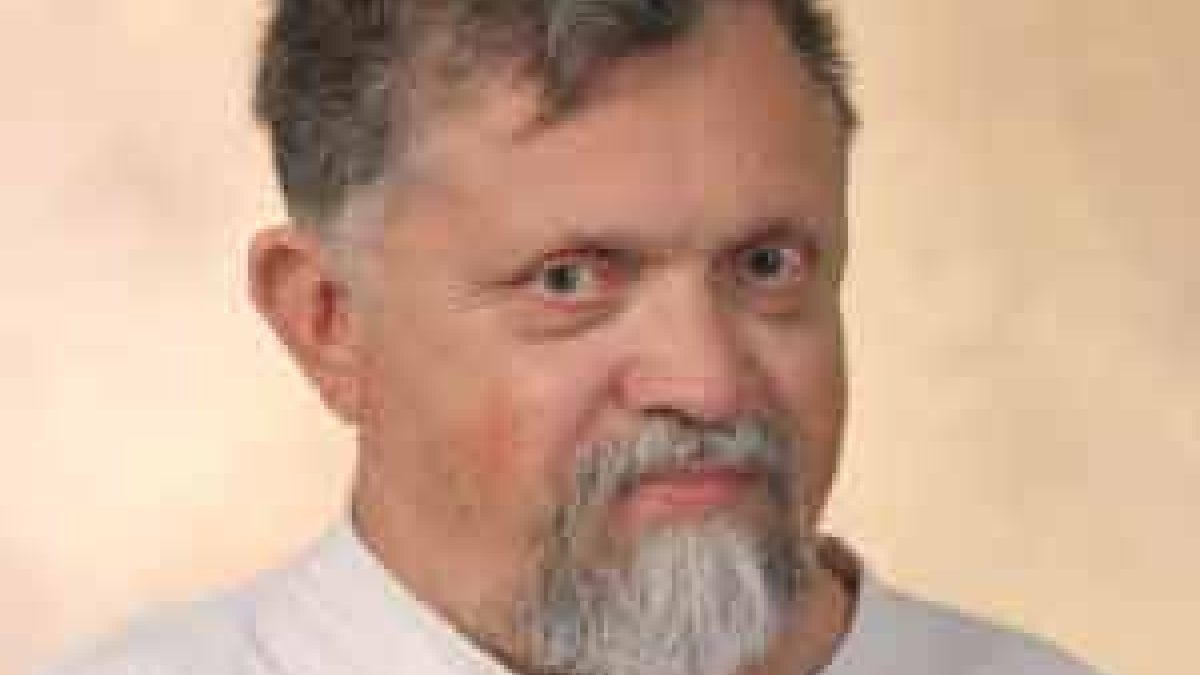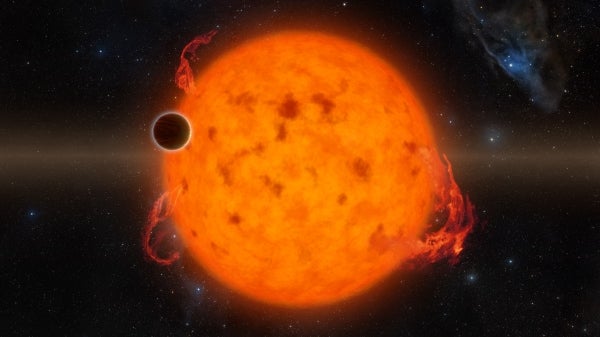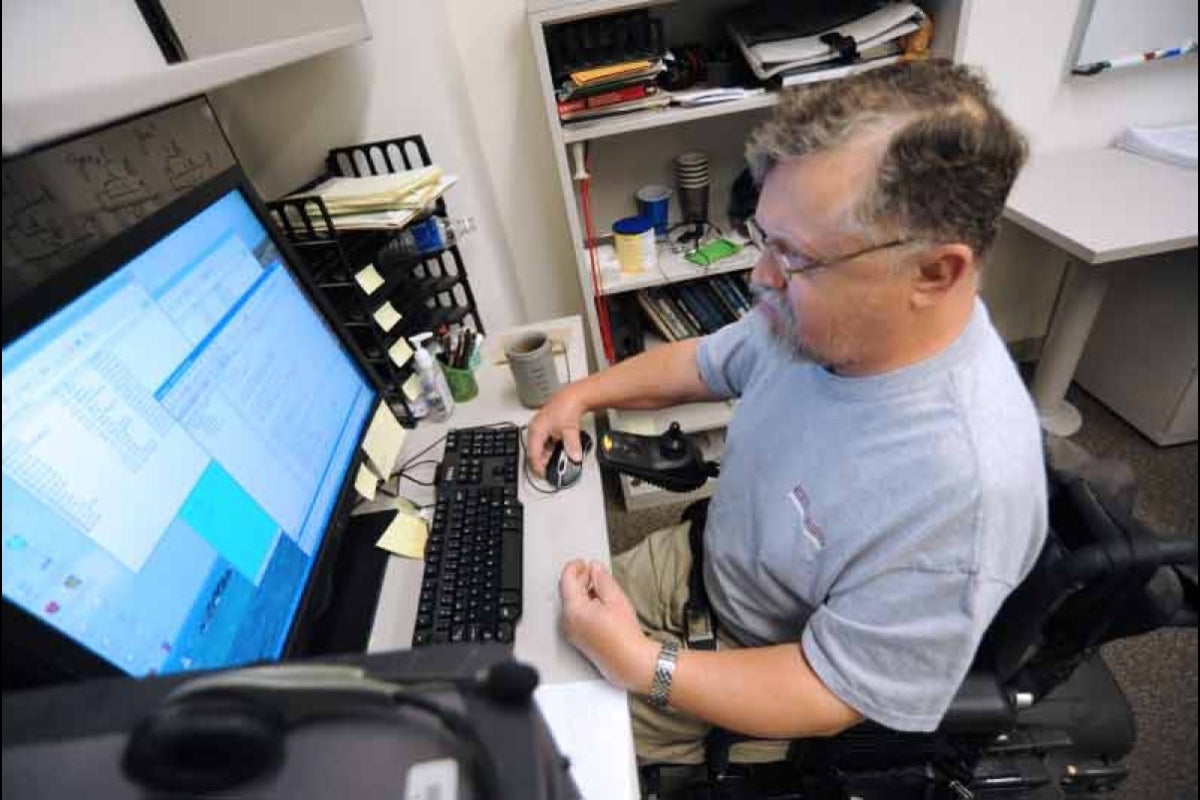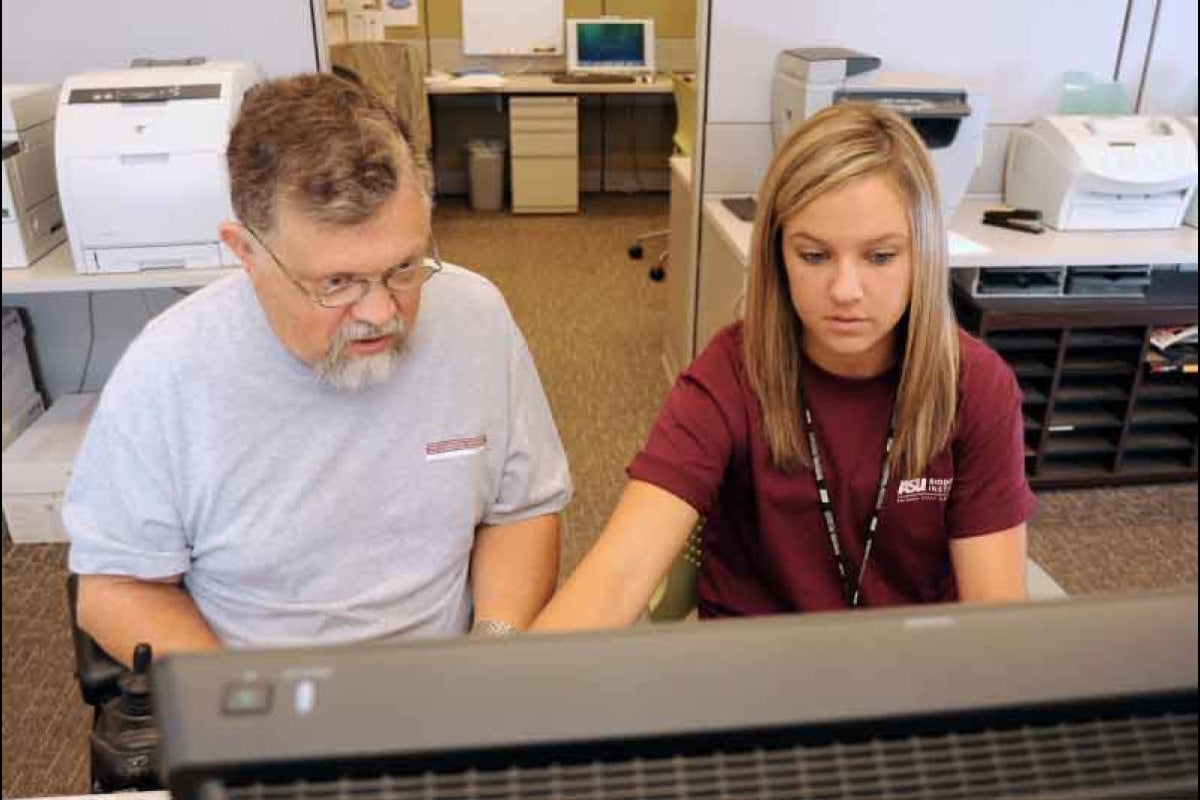In memoriam: Faculty Research Associate Alan Filipski

Alan Filipski's research focused on using computers to analyze DNA sequences, a field called bioinformatics. By comparing the DNA of different animal species over time, he investigated the evolution of disease-related genes with the goal of understanding a person’s predisposition to disease.
Alan Filipski, a retired faculty research associate from Arizona State University’s Biodesign Institute, is remembered for his kindness, mentorship, endless curiosity and contributions to the field of bioinformatics. He died on March 15.
Filipski earned a doctorate in computer science at Michigan State University. In 1977, he came to ASU and worked as a faculty associate of mathematics. He left the university in 1983 for an opportunity to work as an engineer, but he returned in 2001 to work at the former Biodesign Center for Evolutionary Medicine and Informatics. He remained at ASU until his retirement in 2014.
Filipski’s work at the Biodesign Institute laid a foundation for future advances in health science. His research at the center focused on using computers to analyze DNA sequences, a field called bioinformatics. By comparing the DNA of different animal species over time, he investigated the evolution of disease-related genes with the goal of understanding a person’s predisposition to disease.
His work also sought answers to essential questions about life as we know it, such as: When did two related species branch away from each other, and how did an organism’s entire collection of genes, called the genome, develop over time? Altogether, his published papers have been cited over 45,000 times.
"He was a great researcher and colleague to work with. He was always cheerful, which tremendously influenced me as I started my career in Biodesign,” says Li Liu, an associate professor in the Biodesign Virginia G. Piper Center for Personalized Diagnostics and the College of Health Solutions who once shared an office with Filipski. “He was an outstanding mentor for students, postdocs and junior faculty. We’ll miss him."
Filipski was a frequent youth mentor, volunteering to host local high school students to work alongside him in his lab as part of Biodesign’s summer internship program. Beyond the legacy of his own work, he also left a legacy by nurturing curious young minds that will one day make their own contributions to science.
Outside of work, Filipski liked traveling with his wife and children. They often visited extended family in his home state of Michigan and also vacationed in northern Arizona, San Diego and Washington, D.C. A man of many interests, he spent his free time enjoying everything from air shows and car races to hobby shops and reptile exhibitions.
Filipski is survived by his wife, Lois; two children, Isaac and Anna; and two grandchildren, Sofia and Jacob.
More Science and technology

ASU forges strategic partnership to solve the mystery of planet formation
Astronomers have long grappled with the question, “How do planets form?” A new collaboration among Arizona State University,…

AI for AZ: ABOR funds new tools for state emergency response
A huge wildfire rages in the wilderness of Arizona’s White Mountains. The blaze scorches asphalt and damages area bridges,…

ASU researchers engineer product that minimizes pavement damage in extreme weather
Arizona State University researchers have developed a product that prevents asphalt from softening in extreme heat and becoming…

